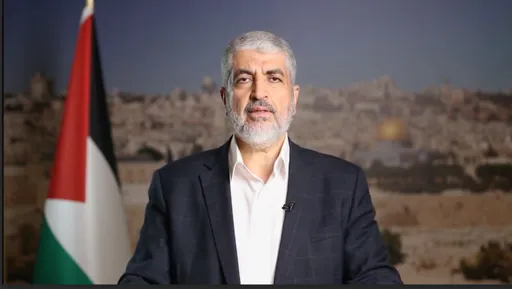In total contrast to its democratic ideals, the Indian government has deployed a range of tactics to ensure no reporting critical of its actions comes out of the India-administered Jammu and Kashmir region, say the authors of an investigative report Silencing Journalism and Human Rights in Kashmir published by London-based Stoke White Investigations (SWI).
An independent research group, SWI says it has compiled at least 2000 testimonies of Kashmiris between 2020 and 2021. The individual accounts accuse New Delhi of various crimes, including extrajudicial killings, enforced disappearances, kidnapping, torture and sexual violence.
On August 5 2019, the BJP-led government in the centre revoked the nominal autonomy of Jammu and Kashmir amidst a military curfew, internet shutdown and media gag in the territory that has been a dispute between India and Pakistan since 1947. For New Delhi, the move was necessary as it claimed the special status hindered economic development and had become a "root-cause of terrorism" in the region.
The SWI says that it has documented more than 2,000 cases – all of serious nature. The most glaring ones included 450 cases of torture, 1500 victims of pellet gun shootings, 100 enforced disappearances and 30 accounts of sexual violence.
According to the SWI report, the buck stops at General Manoj Mukund Naravane, a former chief of Indian armed forces, India's Home Affairs Minister Amit Shah and eight other senior military officials, who as per the SWI should be held accountable for serious rights violations in India-administered Kashmir.
SWI says India's “culture of impunity” has shielded all the accused from facing the court of law.
“Nearly three decades have passed and not a single member of the Indian military has been prosecuted for unlawful conduct in J&K, despite growing evidence against the armed forces. To make matters worse, the police as well as the Indian army prevent victims from reporting crimes committed by their personnel to the local police station,” said the report.
In January, the SWI handed over a body of "evidence" to the UK’s Metropolitan Police’s War Crimes Unit, which purportedly showed how India's top ministers and officials were involved in rights abuses in India-administered Jammu and Kashmir.
The authors of the SWI report, Khalil Dewan and Nasir Qadri, also highlight how India uses its legal system, especially its “disingenuous application” of counter-terrorism strategy, to criminalise critical reporting and matters that are normally seen as part of free speech in democratic countries elsewhere.
“India’s treatment of human rights defenders and journalists is an extension of its counter-insurgency strategy - disrupt, detain and punish,” Dewan tells TRT World.
The authors highlighted the cases of three journalists Sajad Gul, Fahad Shah and Asif Sultan who were jailed on separate occasions between 2018 and 2022. Although the Indian courts are yet to hold them guilty of any serious crimes, they are facing detention under India’s controversial counter-terrorism law, Public Safety Act (PSA). Many rights defenders have slammed the Indian government for weaponising PSA against both journalists and human rights defenders.
“India's recent media policy draws on from tactics and strategies used by the military and law enforcement in practice, where any form of transparency or documentation on incidents in Kashmir is seen as a threat to the Indian authorities,” the author adds.
India’s media engineering
Contrary to India's decades-old rhetoric of being a robust democracy with total respect for human rights and freedom of speech, the New Delhi-led administration in Jammu and Kashmir passed a slew of measures under its new “Media Policy” to control and monitor journalism in the troubled region.
"Indian authorities have included a strategy to conduct ‘background checks’ including ‘verification of antecedents of each journalist’. To do this, guidelines for ‘accreditation’ are being ‘revised and updated’ by the Indian authorities to reflect the aim of controlling journalists and, by extension, human rights defenders who use the same platforms for publishing their work,” said the report.
According to SWI, the new media policy is aimed at cultivating a new breed of journalists who do not “propagate any information prejudicial to the sovereignty and integrity of India”.
“Indian occupied Jammu Kashmir is under unprecedented censorship and this undemocratic forms of muzzling the voices of people has intensified manifold after the revocation of Article 370 and 35(A)," Nasri tells TRT World, referring to the Indian constitution's article, which recognised the nominal autonomy of Jammu and Kashmir.
The new media policy with such a broad mandate allows New Delhi to go after any journalist in Kashmir, the report noted.
“In the medium to long-term, this could develop into a social engineering programme/policy to re-organise and nurture journalism and the reporting industry to reflect an engineered ‘positive’ image of the Indian authorities,” the report said.























